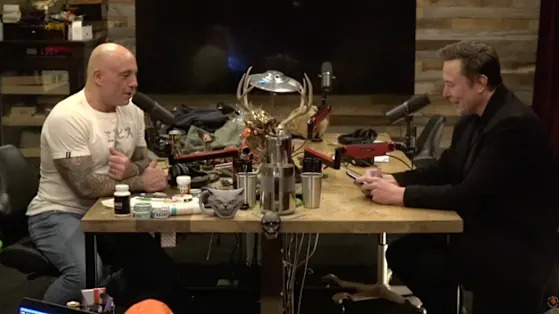By Leika Kihara
TOKYO (Reuters) -Federal Reserve Bank of Minnesota President Neel Kashkari on Tuesday called for keeping interest rates steady until there is more clarity on how higher tariffs affect inflation, warning against looking through the impact of such supply price shocks.
The shock to the economy from President Donald Trump's sweeping tariffs, and uncertainty over U.S. trade policy, are forcing central banks to decide whether to focus on fighting inflation or supporting economic activity, he said.
In an ongoing "healthy debate" within the Fed, some policymakers have called for looking through the impact of tariffs as a transitory inflation shock, thereby prioritising support for economic growth by cutting interest rates, he said.
Others are against looking through tariff-induced inflation on the view U.S. trade negotiations are unlikely to be resolved quickly, Kashkari said at a Bank of Japan-hosted conference in Tokyo. He included himself in that category.
"It may take months or years for negotiations to fully conclude, and there could be tit-for-tat tariff increases as trading partners respond to one other," he said.
The full effect of tariffs applied to intermediate goods will take time to pass through to final prices, he added.
With U.S. inflation having well exceeded the Fed's 2% target for four years, there were concerns as to how long long-run inflation expectations can avoid de-anchoring, he said.
"These arguments support a stance of maintaining the policy rate, which is likely only modestly restrictive now, until there is more clarity on the path for tariffs and their impact on prices and economic activity," Kashkari said.
"Personally, I find these arguments more compelling given the paramount importance I place on defending long-run inflation expectations," he said.
The Fed has kept its policy rate unchanged at 4.25%-4.50% since December as officials struggle to estimate the impact of Trump's tariffs, which have raised the prospect of higher inflation and slower economic growth this year.





